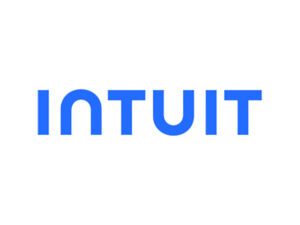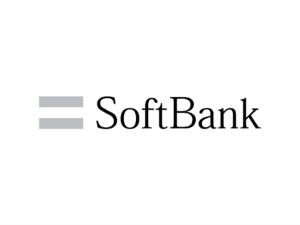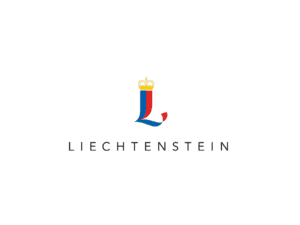3 truths and no lies for identity protection and authentication in 2020
-
-
AuthorNok Nok News
-
Published12 Dec 2019
-
0 commentsJoin Conversation
As we wrap up another year (and another decade), my thoughts are turning to 2020 and what we need to keep an eye out for next year as we put our plans together. 2019 has been one to remember from big data leaks like last week’sTrueDialogue blunder to groundbreaking new technology like the first-ever standards-based authentication for wearables.
The countless data leaks and breaches that plagued many during the past year will bring an increased interest in personal privacy as user data becomes more valuable than ever. With rising demand from consumers and regulatory bodies, organizations will need to evolve their authentication practices to stay afloat and succeed. Here are my top three “truths” for 2020 as we approach the next wave of reliance on strong authentication protocols.
Cyber policy and data privacy will receive double the airtime this election season vs. in ‘16
As we approach the 2020 election, candidates will more aggressively and thoroughly build data privacy and cybersecurity into their platforms alongside more traditional hot-button topics like healthcare, tax reform and more. In order to legitimize their candidacy, they will need to demonstrate a deep understanding of cyber and privacy that impact everyday citizens. Voters will scrutinize candidates on how equipped they are to tackle these pressing challenges and then cast their vote accordingly.
Value of data continues to rise, what was once silver is now platinum: The bounty on privacy will soar
As digitization continues in 2020, data will become more valuable than ever before. Information that may have previously seemed trivial to the everyday consumer will actually hold significant value for stakeholders and hackers across the spectrum. Adversaries or real-life “data bounty hunters” will hunt for new ways to exploit it, governments will seek better ways to access it, enterprises will adopt stronger security measures to protect it and end-users will demand better privacy to secure their personal information. Furthermore, with the rise of AI and machine learning, crucial data that impacts how medical decisions are made, where/how autonomous cars move, and more will become increasingly more mainstream — and increasingly more lucrative to threat actors pining for the information.
The entire globe will need to step up their authentication game
From first world countries pioneering digital transformation efforts to developing ones in the early stages of adoption, more and more people are transacting online and exposing their identities unwillingly. With every device in hand having the ability to access critical personal, financial and healthcare information, comes larger risks and the greater need for a global focus on authentication. European regulations such as PSD2 and GDPR are leading the charge, but 2020 will bring a more dire need for innovation in standards-based protocols and authentication. In order to strengthen security, enable more commerce and allow for widespread adoption of new technologies worldwide, new key sectors such as manufacturing, energy, healthcare and more will adopt robust authentication protocols to provide safety and security to the citizens relying on them.
While the authentication industry has made great strides in recent years, there is still a long way to go to ensuring that identities are truly secure. I believe that 2020 will bring great progress in this fight. I wish each and every one of you a very happy holiday season and a 2020 with much success.









